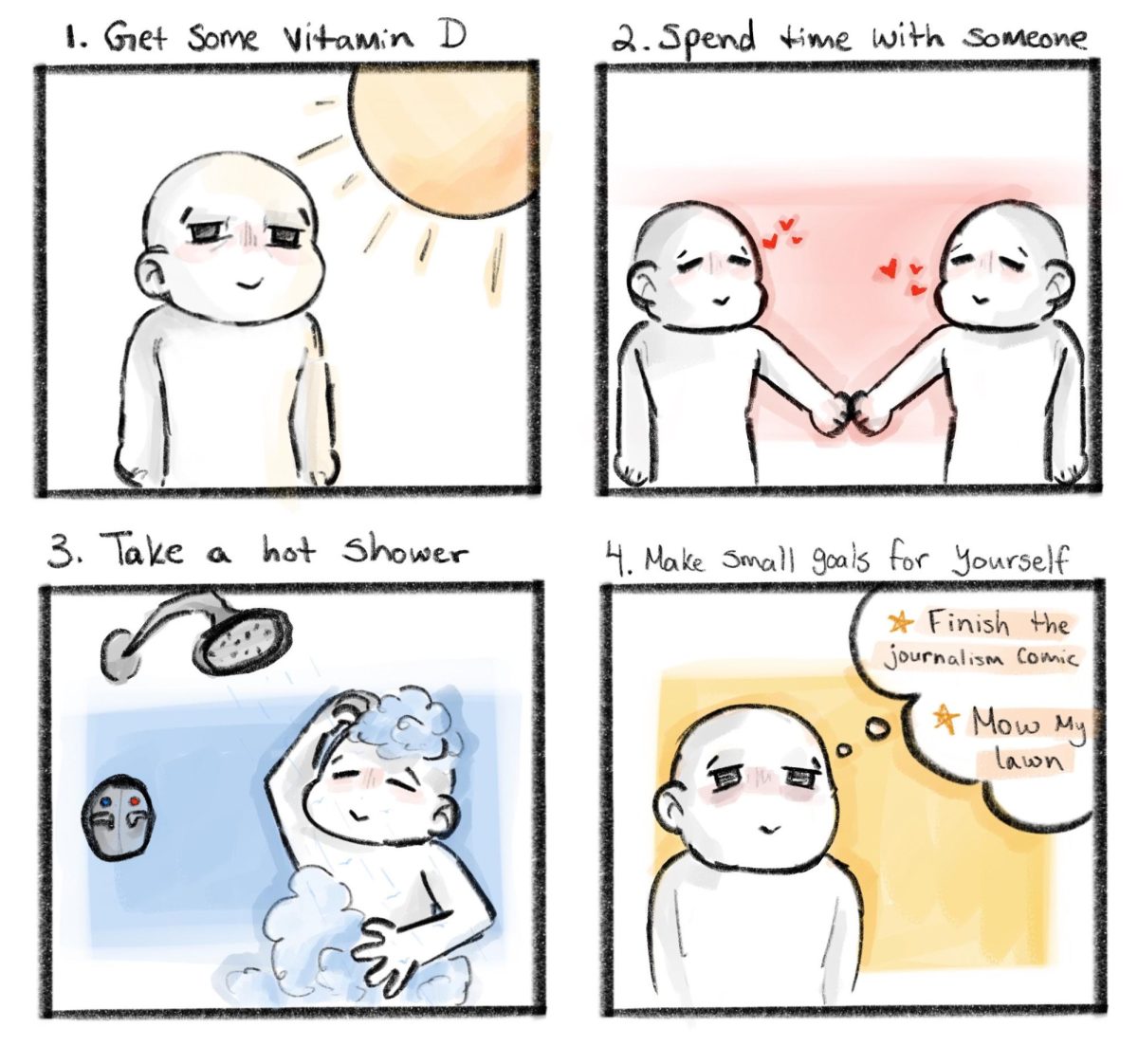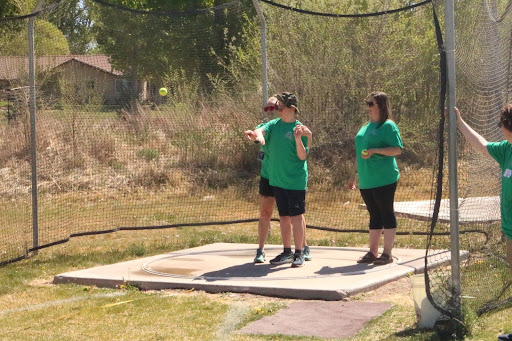As many know, teachers and staff must remain professional and calm when teaching or helping students. But on occasion, personal opinions can seep their way into the classroom, and while it may seem fine on the surface, it can cause nasty issues that no one wants to deal with. The GBEB-R policy, which has not been edited since 2017, focuses on staff conduct and personal relations with students. Still, it does not have any punishments listed for behavior that would be considered inappropriate, nor is it clear with its rules and regulations, causing loopholes that anyone can slip through.
Many teachers have stated that it is important to set boundaries to keep a professional front with students; most importantly, students need to be aware of and understand these boundaries. An example would be not giving out personal phone numbers or contact information. “I think it’s weird to give out that kind of stuff,” said Matthew Cano.
Another example is making sure kids are reminded of these boundaries and that they understand them. “I’ll just gently remind them that’s not something I want to know about, or that is too much information,” said Cassandra Benson.
An alternative way teachers go about things is to be friends with students once they graduate, such as Valarie Hauptman who said “I love being friends with my students after they graduate and I think it’s important to be friendly with them now,” which, according to the GBEB-R policy, is reasonable and has no issues with teachers’ ways of handling students and remaining professional.
Even with these loopholes, the school administration does not tolerate any type of disregard for these rules set in place no matter if it involves a staff member or a fellow student. “There are so many different scenarios that we have to consider, but each one is dealt with effectively even though they are different,” said Roseann Johnson.



